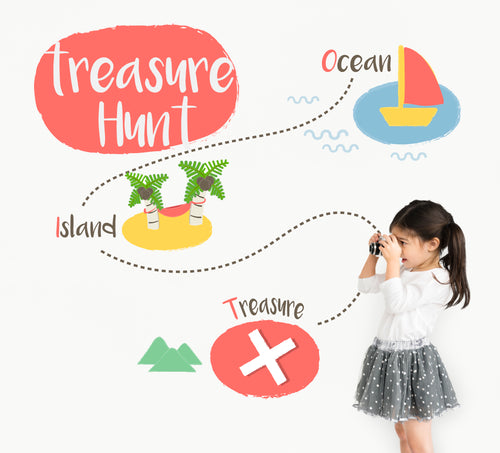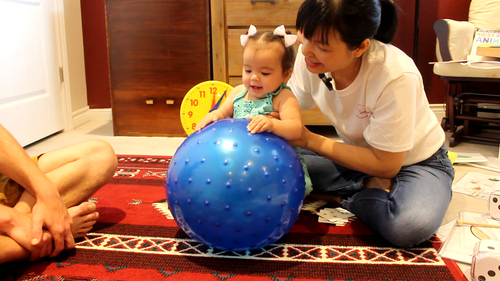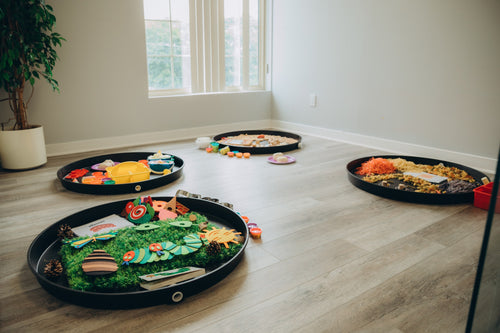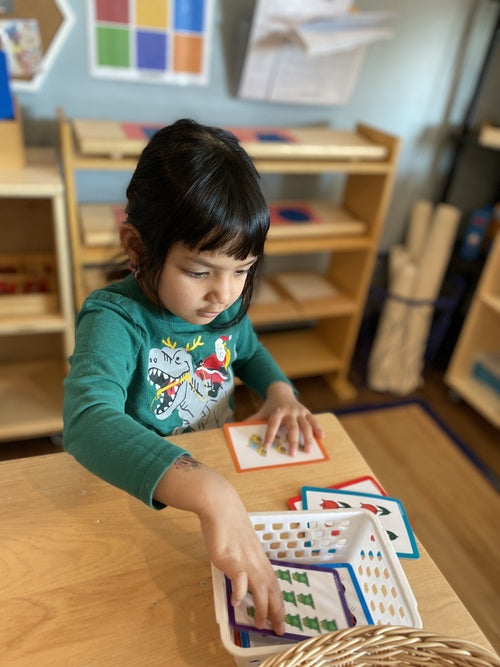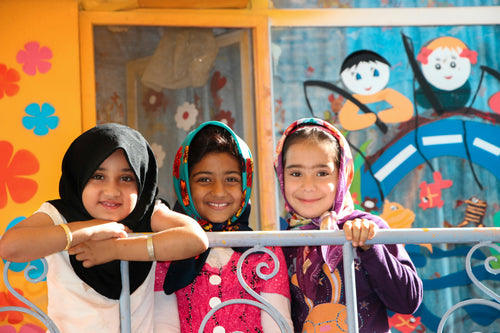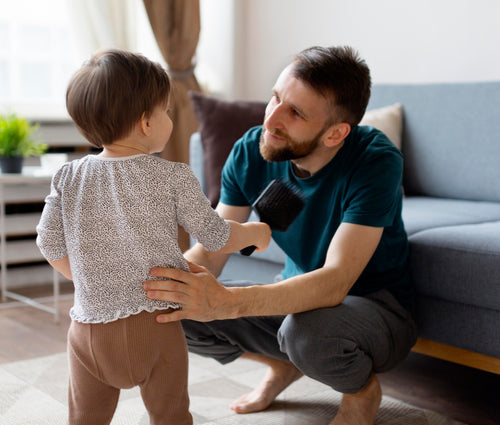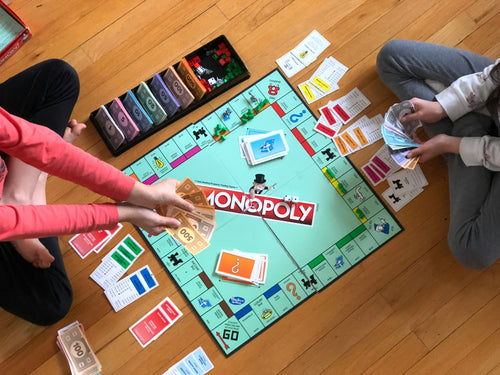Why Do Kids Blame, and How Can We Help Them Stop?
Blaming others might seem like an easy escape for children, but it can hinder their growth and accountability. By understanding why kids blame and adopting strategies to shift their mindset, parents can foster responsibility and resilience in their children.

Why Do Kids Blame?
1. Avoiding Responsibility
Blaming others provides an immediate sense of comfort. When children (even adults) don’t have to acknowledge their role in a situation, they avoid the stress of fixing the issue or seeking solutions. Excuses block growth by stopping us from searching for solutions. By avoiding blame, we learn to focus on solutions instead of obstacles. Cultivating accountability is essential for long-term success.
2. Fear of Judgment or Criticism
Children often blame others because they fear being judged or criticized. Negative reactions from adults can create a sense of insecurity, making it easier for kids to deflect responsibility.
Example: A child might say, “Mommy didn’t wake me up, so I’m late for school,” to avoid admitting they overslept.
3. Modeling Behavior at Home
Monkeys see, monkeys do. If adults frequently make excuses or shift blame, kids are likely to adopt similar habits. They absorb these patterns and begin to blame others naturally.
How to Help Kids Stop Blaming
1. Create a Safe Environment
Children are more likely to take responsibility when they feel safe. Encourage open conversations about mistakes and reassure them that errors are a natural part of learning.
Tips for parents: Tell your kids: "It is good to make mistakes!" "If you are gonna fail, fail fast and then get up!" “Nobody is perfect on their first attempt. Every mistake is a chance to improve.” Emphasize that mistakes are gifts that help us grow.
2. Shift Their Mindset About Ownership
Teach kids that blaming keeps them stuck, while owning their actions leads to practice problem-solving skills and self-growth. Explain that taking responsibility is a sign of strength, not weakness. Without taking responsibility, we can’t gain new experiences or solutions, leaving us stagnant. Like a tree stops growing when not seeing their mistakes.
3. Be a Role Model
Children learn accountability by observing adults. Show them how you take ownership of your actions, even when things go wrong. Apologize to your kids when you make some mistakes.
Example: If you buy spoiled food, say, “I should have checked it better before purchasing.” This demonstrates self-reflection and responsibility.
4. Practice Responsibility Together
Help your child identify their role in situations and encourage problem-solving. When they face setbacks, guide them to analyze what they could have done differently.
Tip: When a child falls, instead of saying, “It’s the dog’s fault,” ask, “What do you think caused the fall?” This helps them reflect and learn. They will not get up by themselves because they thought it was someone's else faults!
5. Install a Responsibility Mindset Early
Encourage your child to take full 100% responsibility for their actions and outcomes in their life. Reinforce the idea that self-improvement attracts success and like-minded individuals.
“I am 100% responsible for what happens in my life. By focusing on myself, I can grow and attract more successful people to my circle.”


